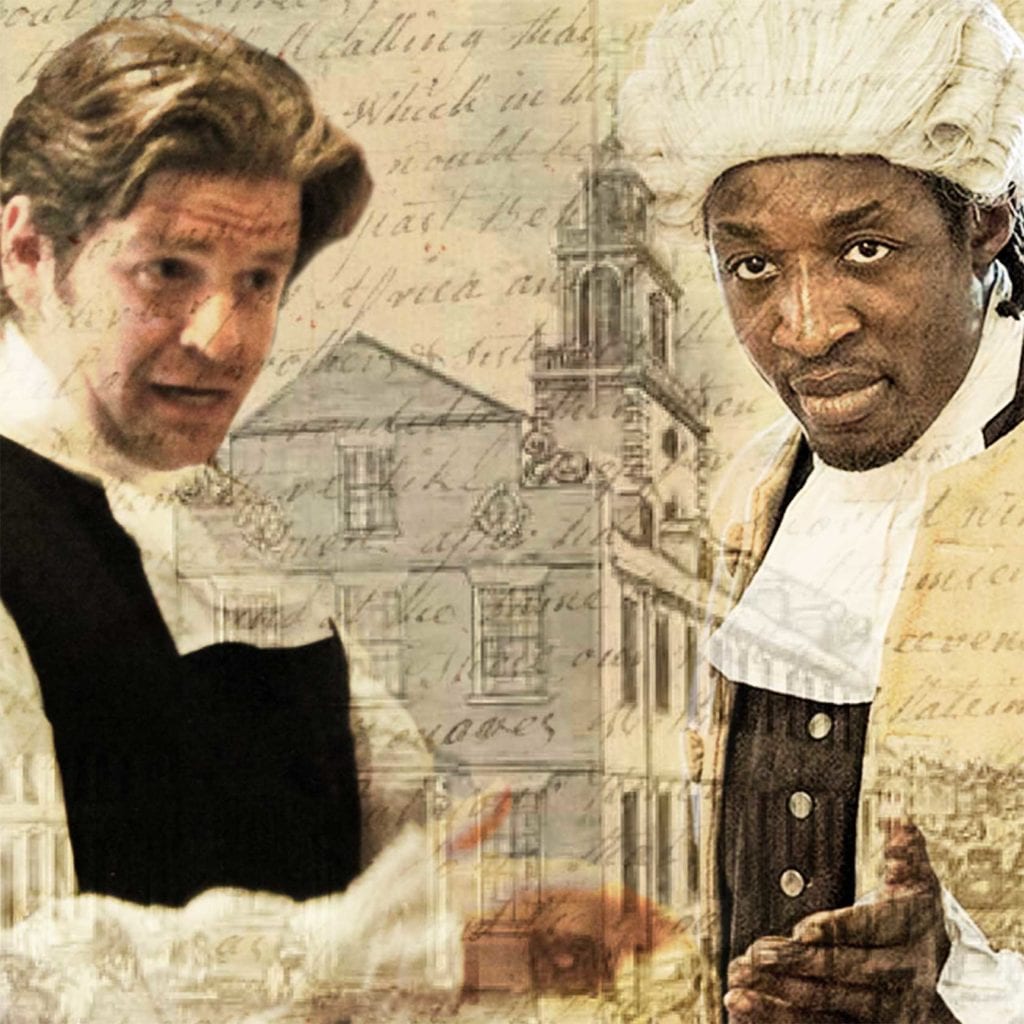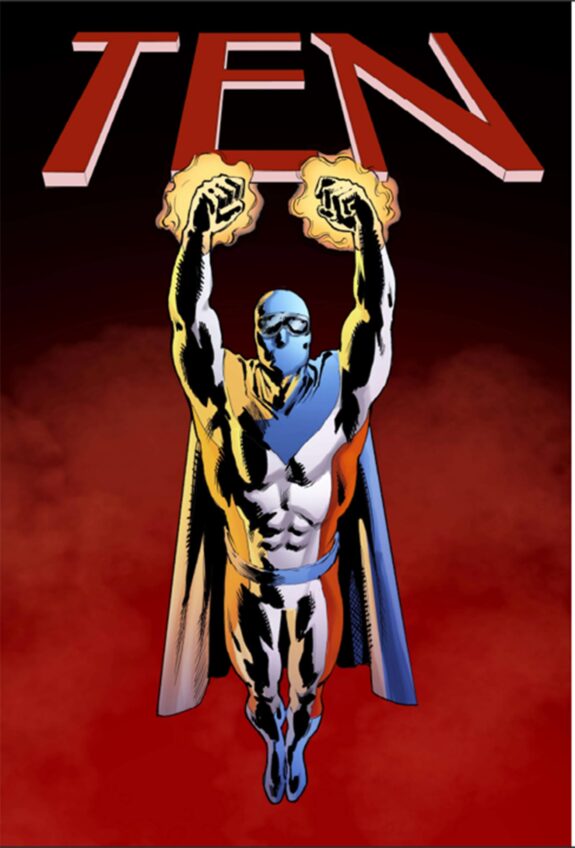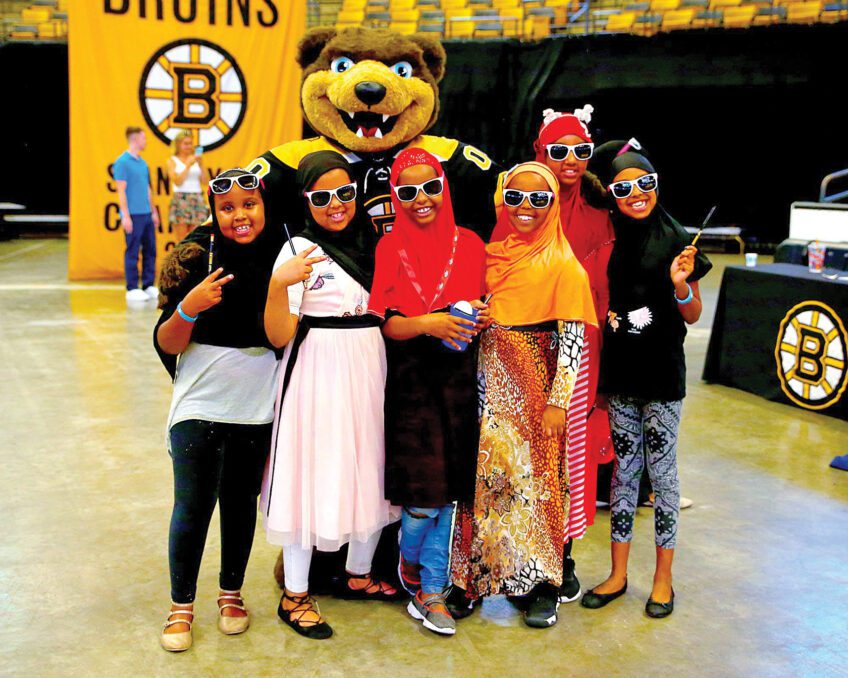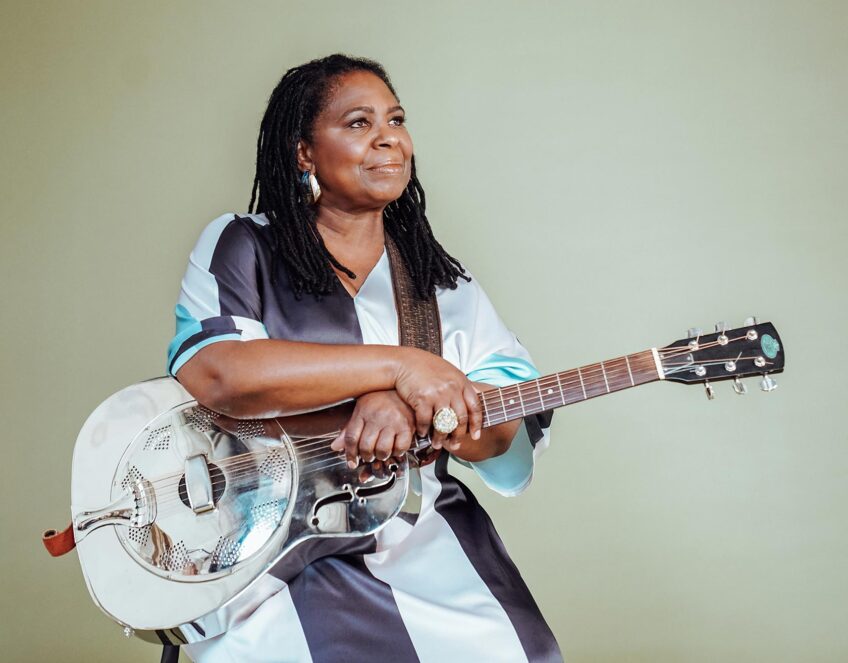Virtual play explores the legacy of Prince Hall
Abolitionist, free Black man fought for rights of the enslaved

On Dec. 17 at 7 p.m., Stephen Sampson and Alex Jacobs reprise their performance of “The Petition” in a new Zoom format. Written by Cliff Odle and originally performed at the Old State House in 2019, the production explores the life and work of abolitionist and free Black man Prince Hall. The Zoom rendition is free to the public with online registration.
Odle was a tour guide for the Freedom Trail Foundation for 11 years, playing an African American Revolutionary War veteran named Barzillai Lew. In his extensive research on the character and the period, he kept encountering the name Prince Hall. “I am impressed by his intellectual fortitude and forthright nature,” says Odle. “He was not afraid to call Boston for the racism that too many still don’t want to recognize.”
Sampson, too, couldn’t avoid the pull of Hall’s story. A Dorchester native, Sampson grew up near the Prince Hall Grand Masonic Lodge, forever wondering about the building’s namesake.
Hall came to Boston from Barbados in 1765. He was a successful businessman, purchased real estate and was active in civic life in Boston. He was also one of the few Black soldiers to fight at the battle of Bunker Hill. Hall founded the first African Masonic Lodge after experiencing discrimination in the white lodges, hence the building dedication in Sampson’s neighborhood. That group still exists to this day.
In the show, as in history, Hall puts forward a petition claiming enslaved people had innate rights to be free from chattel slavery and debates it with his white counterparts. Founding Fathers and Freedom Fighters were vehement about liberty, freedom and an end to injustice, until the topic of slavery entered the arena.
This rhetoric rings true with contemporary conversations about race. “‘Black Lives Matter’ is not a new concept. It is not a new struggle. It is a struggle as old as the country itself,” says Odle. “It is an aspirational idea that we have spent over 200 years trying to grapple and only recently were able to boil it down to three words.”
In the play’s original production, audience participation was an important component. Odle wrote the piece specifically to incorporate viewers. The online format changes this structure significantly, since the actors can no longer rely on audience reactions, but Sampson is upbeat about the new version. “Doing this virtually has allowed us to create a totally new experience out of this play,” says Sampson. “It’s like the show is making its debut all over again.”






